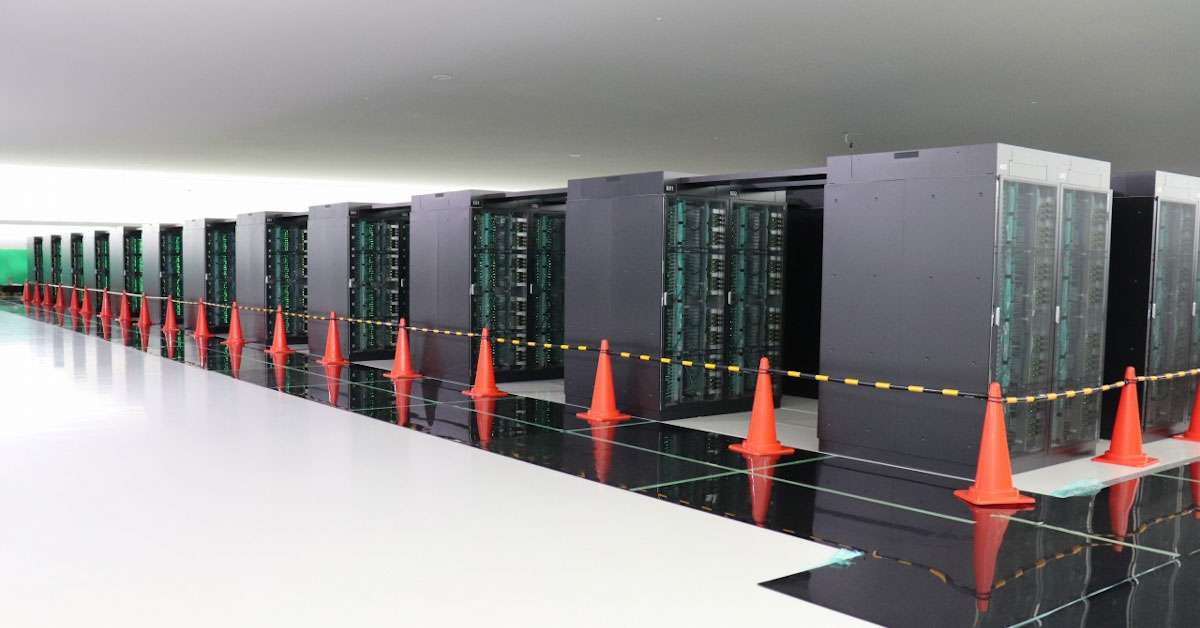ARM’s win streak continues as it now powers the world’s fastest supercomputer
It is the first time ever the top supercomputer is running on ARM hardware.

There is a very good chance your smartphone runs on ARM hardware, as almost all of them do. And in a couple of years, so will all new Mac systems, with Apple yesterday announcing it has begun transitioning away from using Intel CPUs in favor of ARM. Here's another one to add to the list—the world's fastest supercomputer.
That's according to the Top500 project, which released the 55th edition of its supercomputer rankings. As of right now, the top system is Japan's Fugaku, a system jointly developed by Riken and Fujitsu. It's the first time ever that the number one spot is powered by ARM hardware, and only one of just four supercomputers overall that run on ARM.
Specifically, Fujitsu's A64FX system-on-chip (SoC) is doing the number crunching for Fugaku. Each SoC is equipped with 48 cores, and there are a whole bunch of them inside the supercomputer—152,064, to be precise, with room to add 6,912 more.
That works out to a staggering 7,299,072 cores (and 7,630,848 cores if populating the remaining nodes). As measured by Top500, Fugaku in its current state is capable of processing more than 415.5 quadrillion computations per second.
Previously, the top spot belonged to Oak Ridge National Laboratory's Summit supercomputer, which is powered by a combination of IBM Power9 CPUs and Nvidia Tesla V100 GPUs. Fugaku is around 2.8 more powerful than Summit. The power gap isn't surprising, though, as Fugaku rocks a little more than three times as many cores.
While certainly impressive, Fugaku's time in the top spot is likely to be short lived. That's because the US Department of Energy is working AMD and Cray to power on a supercomputer called Frontier next year, which promises to deliver 1.5 exaflops of performance. That would make it around three times more powerful than Fugaku.
Nevertheless, this is an impressive achievement for ARM.
Keep up to date with the most important stories and the best deals, as picked by the PC Gamer team.
"Today’s announcement signals the direction that industry is headed, and through this collaborative effort, a shared purpose of enabling greater choice and flexibility to multiple segments of the infrastructure market has emerged," ARM said.
I have to imagine there is more than enough processing power to hammer multiple instances of Crysis. However, with a new Crysis game on the horizon, Fugaku will instead be used for things like drug therapy research and climate forecasting. It's already being used in the fight against Covid-19, and will continue those efforts as well.
Paul has been playing PC games and raking his knuckles on computer hardware since the Commodore 64. He does not have any tattoos, but thinks it would be cool to get one that reads LOAD"*",8,1. In his off time, he rides motorcycles and wrestles alligators (only one of those is true).


